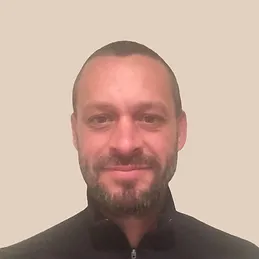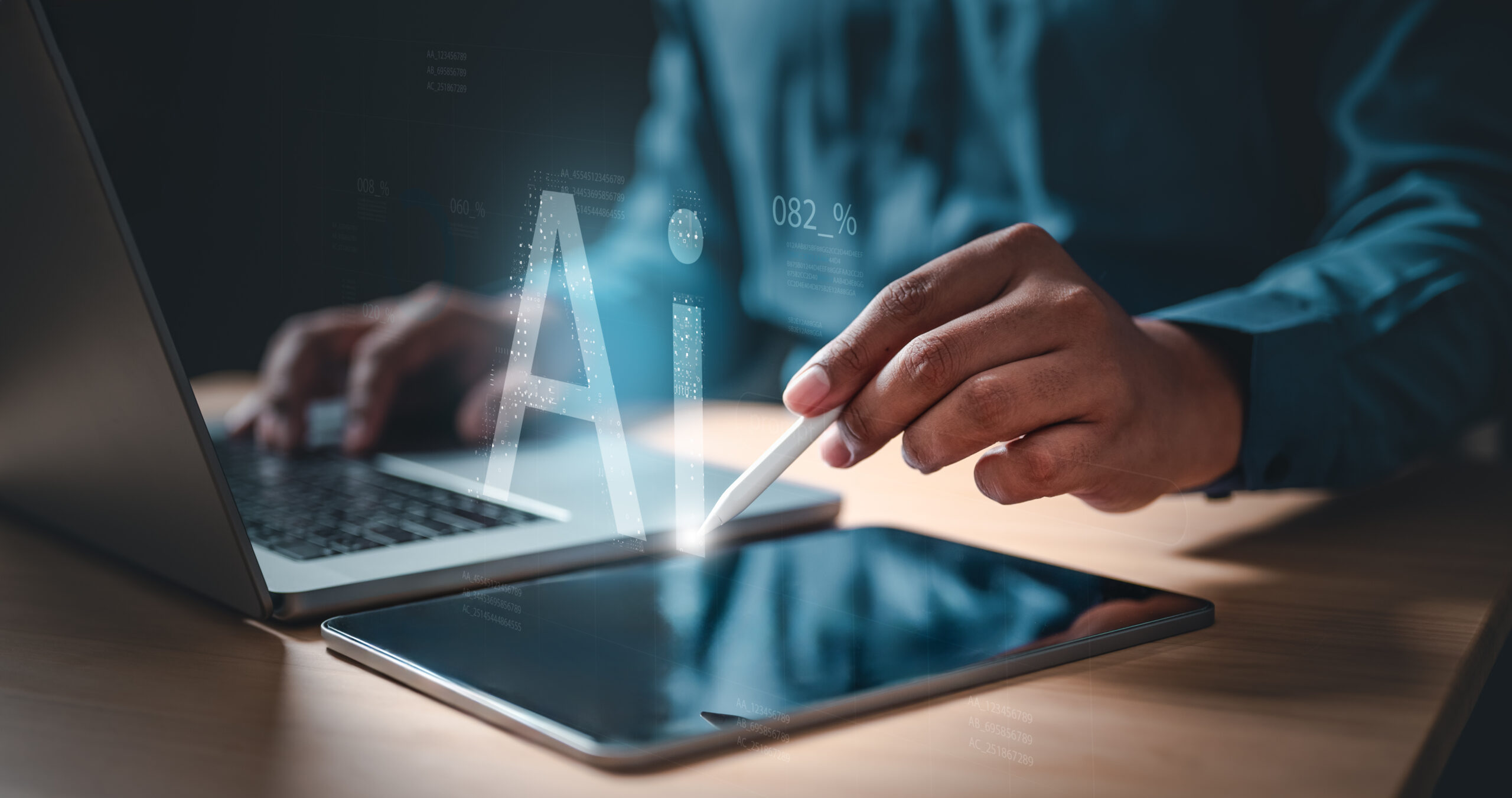It doesn’t matter whether you’re using an artificial intelligence program for assignments in high school, college or graduate school, or you’d never touch one. You’re now a player in the latest technology and education arms race, and you’ve got a lot to lose.
As tools like ChatGPT and Google’s Bard become increasingly sophisticated, programs developed to catch the use of AI are right there with them. Over a dozen companies now offer services to identify AI in detecting plagiarism, and schools are aggressively using them. Following tools were developed specifically for plagiarism detection:
- Turnitin
- Fictious.AI
- GPTZero
- Originality.AI
Like the writing equivalent of an x-ray scan at airport security, whether you meant to leave those coins in your pocket or not, you’re going to get flagged, and you may even get a pat down for nothing.
So, as a student, what does this mean for you?
It means that all eyes are on you; and they’re only getting smarter. Schools recognize that writing authenticity is the new educational battleground. Companies such as Copyleaks are increasingly expanding their services to cater to universities with tools to detect the use of AI in student work. And schools are applying them and trusting the results without question.
But you don’t use A.I. So, you’ve got nothing to worry about, right?
Wrong. Not using AI won’t protect you from plagiarism allegations. Even the makers of AI detection programs admit that they aren’t fully reliable. OpenAI stresses that its tool can correctly identify roughly 25% of artificially generated text but can falsely flag almost 10% of original work as computer-generated. Nearly all companies developing plagiarism detection software admit that their results can be incorrect. In one widely publicized case, a Washington Post columnist found that Turnitin falsely flagged essays as fabricated.
What this means is that, as a student, AI plagiarism detection affects you and your academic future, whether you use AI or not. And getting accused of academic misconduct through plagiarism can lead to suspension or even dismissal. Not all professors or administrators know that detection tools are not dependable, and many don’t have the time or interest in listening to students defend themselves.
High schools and universities are locked, loaded, and eager to fight back against plagiarism through AI, and innocent students are getting swept up in the fervor with false allegations. Schools are also often unwilling to share exactly why they flagged an assignment as plagiarized, meaning students are left without the means to challenge accusations. How exactly AI detection tools work is even more of a mystery to most people.
But students do have options to fight allegations, whether true or false. At K Altman Law, our student defense team specializes in defending students against plagiarism and misconduct. Visit the plagiarism section on our website or call us at 888-984-1341 to learn more.
In our next blog post, we’ll discuss how programs like Turnitin work and what students can do to defend themselves.





